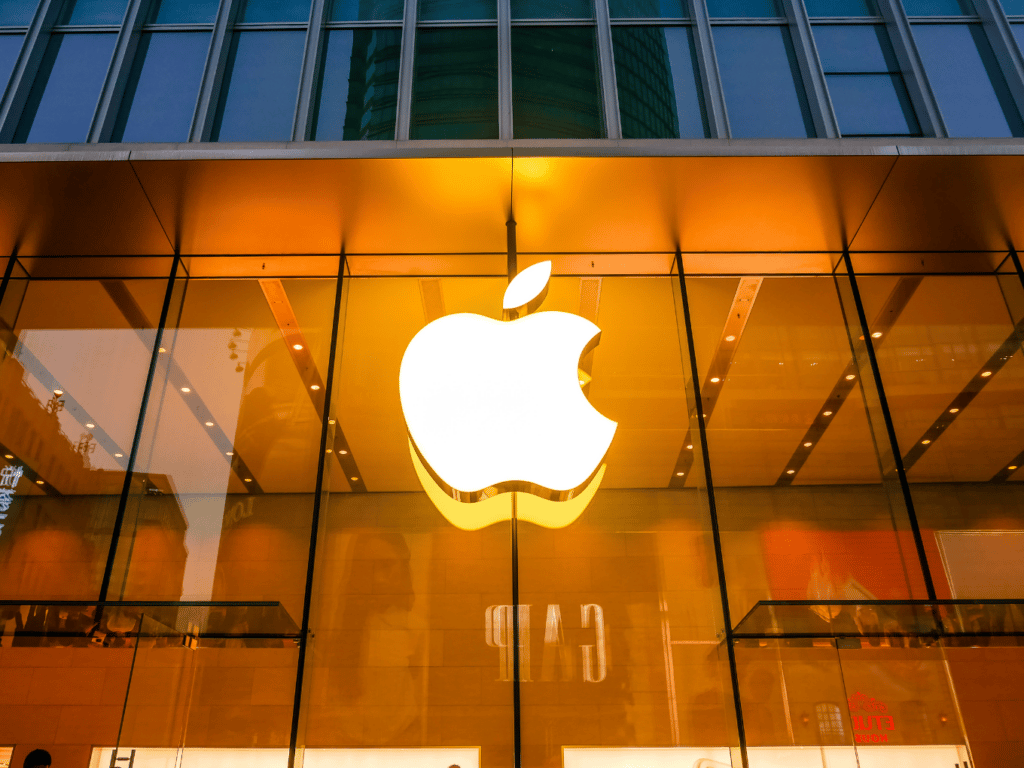A fire broke out at Apple vendor Foxlink’s manufacturing plant in Andhra Pradesh’s Tirupati district on Monday (February 27).
Two state government officials told Reuters that as many as 400 employees working at the plant were evacuated promptly and no casualties were reported. They added that the Apple supplier has temporarily stopped production at the unit
A senior official with the local fire services department said that Foxlink pegged the damages at INR 100 Cr at the facility.
Meanwhile, roughly 50% of the machinery is said to have been damaged, while half of the building got gutted in the fire.
Foxlink is a Taiwanese major that manufactures cables for iPhones. The company began manufacturing cable and connectors in India in late 2020 and then laid the foundation stone of another unit in Tirupati last year.
Curiously, the fire erupted weeks after chief executive officer (CEO) Tim Cook said that the company was bullish about India. The incident also comes in the backdrop of Apple moving its production away from China to diversify its production capabilities.
The last few years have seen Apple rapidly scaling its production capabilities in India. Not just iPhones, Apple has also begun manufacturing AirPods in the country. It also plans to make MacBooks in India.
Buoyed by local subsidies in the form of Production-Linked-Incentives (PLIs), Apple has been looking to scale its production in the country. The original equipment manufacturer (OEM) reportedly exported $1 Bn worth of smartphones from India in just December 2022 alone.
The Indian government recently granted initial approval to 14 Chinese vendors of Apple to set up base and establish assembly plants in the nation. The effect led to Apple’s Finnish contract manufacturer Salcomp announcing that it would double its headcount in India to 25,000 by 2026.
The company has also been looking to open its flagship Apple Stores here, scouting for talent and real estate in major metro cities.
A Bumpy Ride In India
Earlier this month, it was reported that Apple was facing challenges scaling up in the country largely due to quality control issues.
According to media reports, 50% of the casings produced in India were rejected as just one in two components was ‘in good enough shape’ to be sent forward to assembly. An Apple engineer was also quoted by the Financial Times as saying that there was ‘just not a sense of urgency’ when it came to the speed of production in the country.
This is not the first time that the tech major’s vendors have been the subject of a controversy in India.
In 2020, Apple put one of its contract manufacturers Wistron on notice after it emerged that thousands of latter’s employees at its Bengaluru factory allegedly faced unfair salary deductions and late payments.
The aftermath saw employees go on a rampage at the plant, which resulted in losses worth INR 437 Cr due to stolen iPhones and damaged property.
In 2021, another manufacturer Foxconn became the subject of controversy after reports of food poisoning affecting as many as 250 female employees at its Sriperumbudur facility surfaced. Subsequently, the facility was shut temporarily, and Apple claimed that it was reopened only after ensuring all necessary steps were taken and followed.
This is apart from the barrage of antitrust cases that Apple is currently subject to in India, ranging from monopolistic policies to issues regarding in-app payments systems.
Owing to its premium offerings, Apple accounted for a meagre 3.54% of the total Indian smartphone market at the end of December 2022.
